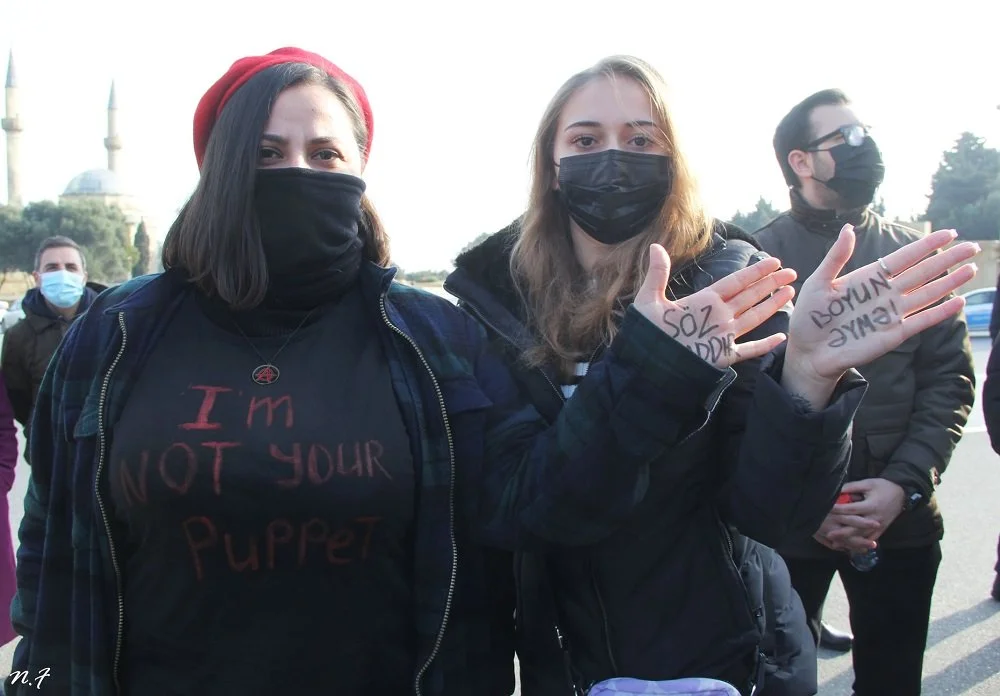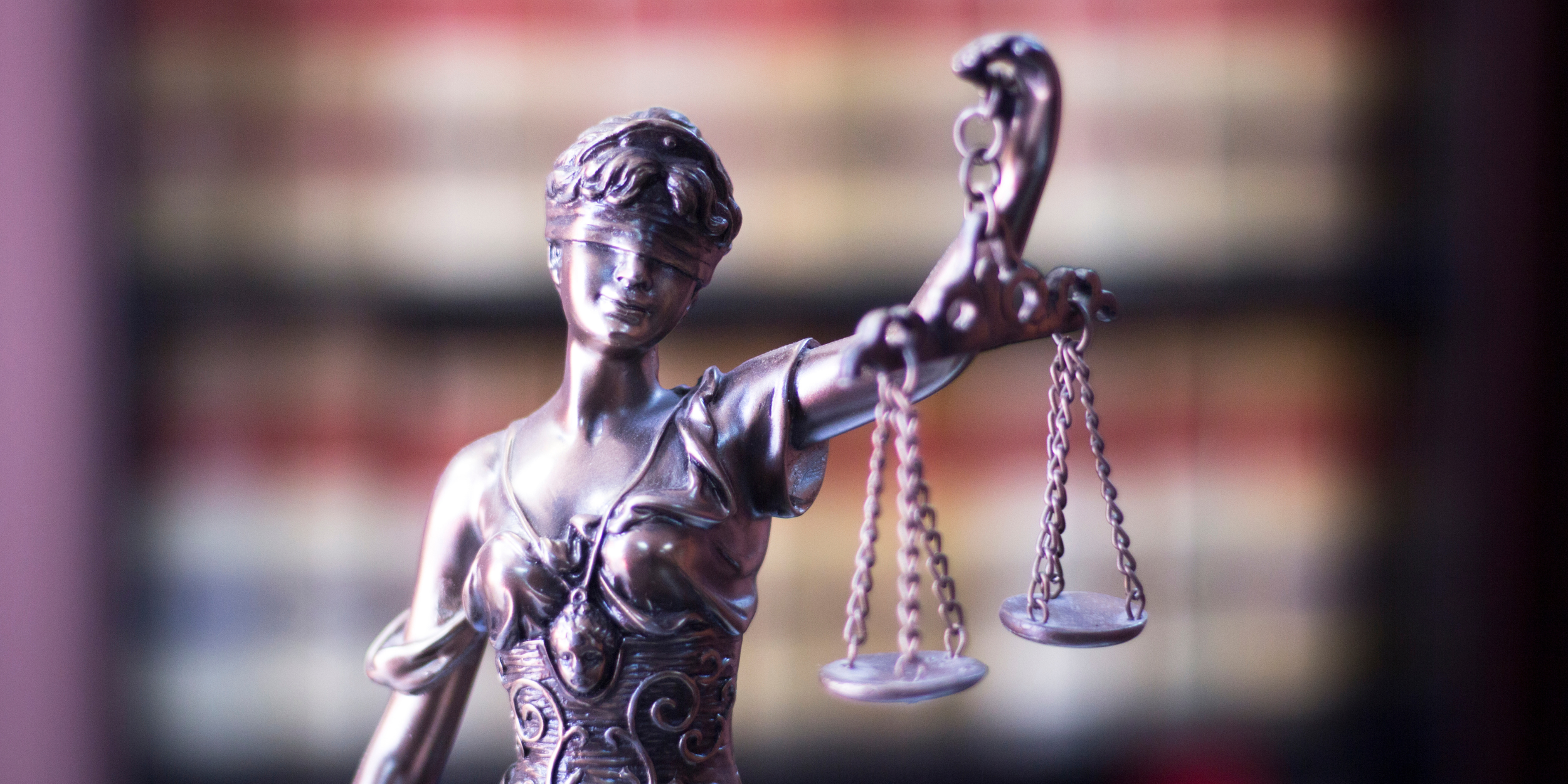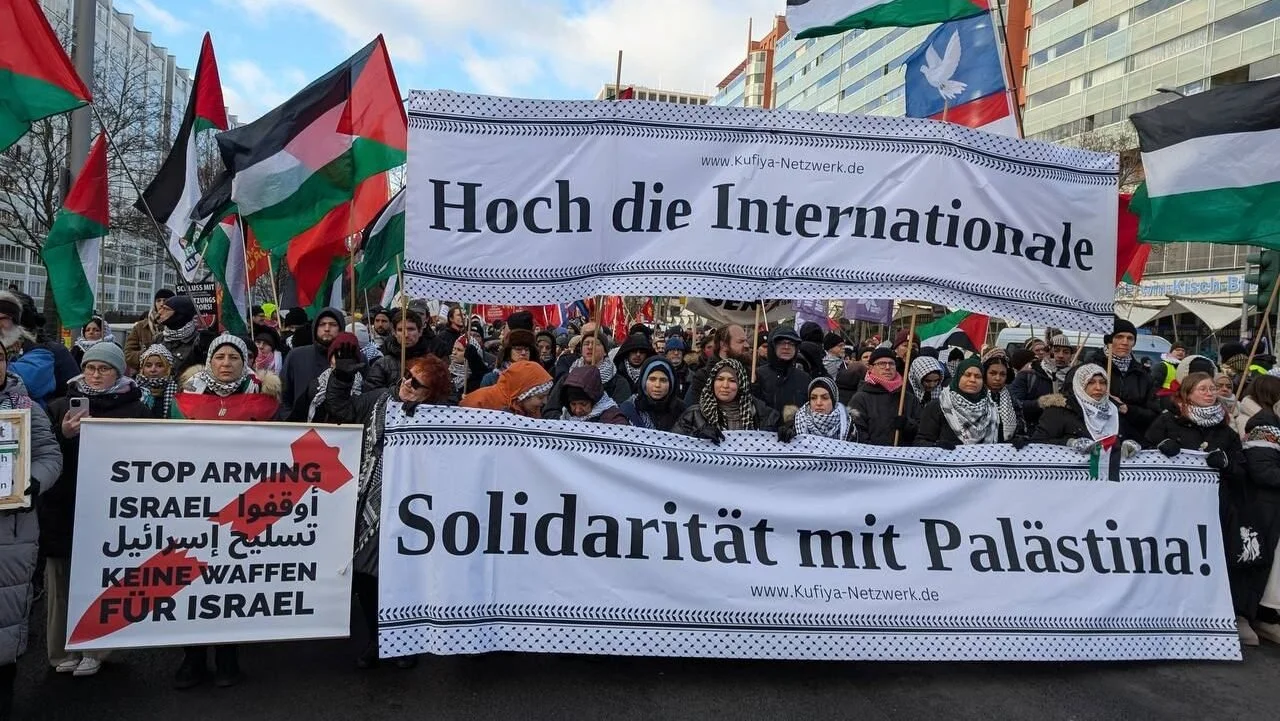Azerbaijan, the responsibilities of the EU
Human Rights Violations in Azerbaijan and the European Union’s Role
by Teresa Di Mauro
“If you are reading this post, it means that I have been illegally arrested for my journalistic work. Let me say that, like my colleagues, I have not committed any crime.” With these words begins the last message published in freedom by Ulviyya Guliyeva, known as Ulviyya Ali, an Azerbaijani journalist arrested during the night between May 6 and 7, 2025, by officers of the Main Police Department of Baku. That same night, another colleague and researcher, Ahmad Mammadli, was also arrested. Both were brutally beaten, suffering the consequences for several days. On August 27, it was the turn of photojournalist Ahmed Mukhtar. With him, the number of detained journalists rises to 37, about 25 of whom have been arrested since the end of 2023. It is the country with the highest number of incarcerations for political reasons since it joined the Council of Europe in 2001. Meanwhile, as Italy and the European Union continue to tighten their agreements with Baku, human rights violations in Azerbaijan are on the rise, and hundreds of members of civil society are forced into exile or face severe sentences.
The arrests of Ulviyya Ali and Ahmad Mammadli are part of the most recent wave of repression by Ilham Aliyev’s regime,
which began in 2023 and intensified after Azerbaijan’s military victory in Nagorno-Karabakh in September of the same year. A victory that ended the existence of the de facto Republic and forced the Armenian population into exile.
“The government has become paranoid at the thought of being challenged. The euphoria of victory slowed down the protests, and they did not want to lose that consensus,”
explains Azerbaijani journalist in exile Arzu Geybulla to Voice Over Foundation.
The arrests of Ulviyya Ali and Ahmad Mammadli are part of the most recent wave of repression by Ilham Aliyev’s regime, which began in 2023 and intensified after Azerbaijan’s military victory in Nagorno-Karabakh in September of the same year. A victory that brought an end to the existence of the de facto Republic and forced the Armenian population into exile. “The government has become paranoid at the thought of being challenged. The euphoria of victory slowed down the protests, and they did not want to lose that consensus,” Azerbaijani journalist in exile Arzu Geybulla told Voice Over Foundation.
Gubad Ibadoghlu, an economist known for his research on transparency in the oil and gas sector and a prominent figure in Azerbaijan’s political opposition, was among the first to be violently arrested. In the summer of 2023, he had returned to Azerbaijan to visit his ailing mother when the car in which he was traveling with his wife was stopped: both were beaten, and he was later imprisoned. That same year, the independent outlet Abzas was targeted, while in 2024 the journalists of Toplum TV and Meydan TV, an independent media in exile, were arrested. Around the same time, Bahruz Samadov, a PhD candidate at Charles University in Prague and an activist for peace between Armenia and Azerbaijan, was also jailed. Like Gubad, Bahruz had returned to visit his grandmother, his only surviving relative, when he was arrested.
“I don’t expect much more from now on, since everything that could be repressed has been repressed”.
In 2014–2015 they arrested and dismantled the NGOs, meaning organized civil society. In 2023 it was the turn of informal groups and the last independent media, such as Abzas Media.”
“Then, in 2024, it was the turn of individuals,” says Cesare Figari Barberis, a researcher at the Graduate Institute in Geneva. “Azerbaijan is an autocracy: if it believes it can afford to take these actions without consequences, it does,” Barberis continues.
Ulviyya and Ahmad were among the last independent voices in the country. Ulviyya had been a correspondent for Voice of America until February 2025, when the Azerbaijani authorities revoked the U.S. outlet’s accreditation. Even though she no longer had a platform to publish on, she continued to report on human rights violations and to document the repression of her colleagues through social media. “I took on the burden of being the voice of the repressed media in Azerbaijan. I tried to be a voice for everyone,” she wrote in a letter from prison published by JamNews.
On May 28, 2025, the newsroom of Abzas Media, together with their colleagues at Forbidden Stories, received the Special Award of the European Press Prize, the most prestigious journalistic award in Europe, “for investigating, until the very end, the abuse of power by the Aliyev regime, systemic corruption, environmental pollution, and human rights violations.” Just a few days later, on June 20, 2025, the Baku Serious Crimes Court sentenced them to prison terms ranging from 7 to 9 years. Around the same time, a verdict also came for Bahruz Samadov: 15 years in prison on charges of high treason.
“Harsh sentences are meant to instill fear,” comments Geybulla. “Especially when it comes to educated people, capable of reasoning, of offering an alternative language to aggression. The government does not tolerate those who can articulate dissent effectively.”
Since the announcement of the sentence, Samadov has already attempted to take his own life twice, while Abzas Media director Ulvi Hasanli has lost more than 15 kilos during a 17-day hunger strike to demand that his basic rights be respected.
According to data published by Meydan TV, there are about 375 political prisoners in Azerbaijan. But what has allowed the regime to strengthen itself and push forward this new wave of repression?
Azerbaijan is considered a petrostate, meaning a country whose economic development and political power depend almost entirely on oil and gas exports.
According to data reported by the think tank Ecco Climate in a report published in 2024, fossil fuels account for over 90% of Azerbaijan’s total exports, 60% of state revenues, and around 35% of GDP. More than half of these exports are destined for European Union countries, with Italy ranking first among buyers, despite declining gas demand and the commitments made under the Paris Agreement.
According to economist Gubad Ibadoghlu, this influx of resources has allowed Ilham Aliyev’s regime to strengthen and consolidate itself, dismantling independent media, repressing civil society, limiting judicial independence, and at the same time seeking international legitimacy to cement its power. “When international actors ignore or tolerate these abuses, they become complicit in perpetuating authoritarian practices and undermine the principles of democracy,” writes Ibadoghlu, who is now under house arrest in critical health conditions.
Human rights defender Dr. Gubad Ibadoghlu
While the European Union and Italy continue to systematically ignore rights violations and sign deals with Baku to increase gas imports, it is the Azerbaijani population that pays the price for these choices.
“The government is trying to increase gas exports by cutting domestic consumption, to the point of considering the idea of charging families who don’t even use gas,” denounces journalist Geybulla. “They are securing external supplies at the expense of citizens who lack access to essential services such as healthcare or education. Journalists are imprisoned, civil society has been annihilated. And meanwhile, Europe is content to stay warm in winter, without asking what the real cost is.”
But the European Union’s interest in Azerbaijan goes beyond the fossil sector. According to an analysis by Crude Accountability, a U.S.-based NGO working on environmental and social justice in the Caspian and Black Sea regions, the EU—together with the European Bank for Reconstruction and Development (EBRD), of which it is the main partner—is among the largest investors in the Middle Corridor, a Western-led infrastructure project designed to connect Central Asia, the Caucasus, and Europe through a network of ports, railways, pipelines, and roads for transporting goods and raw materials, among others. The corridor presents itself as an alternative to the traditional routes passing through Russia or Iran. In this scheme, Azerbaijan plays a strategic role as an indispensable geographic and logistical bridge: it links Central Asia (Kazakhstan, Turkmenistan, Uzbekistan) to the Black Sea and Turkey toward Europe and opens a trade route between China and the European Union that completely bypasses Moscow.
These agreements also have direct repercussions on the EU’s foreign policy and its ability to respond to violations of international law. “In my work, I’ve had the chance to ask questions about Italy’s role within the EU,” explains researcher Barberis. “I was told openly that, should Azerbaijan invade southern Armenia, internal discussions would begin on possible sanctions. But their approval requires unanimity. And Italy, Bulgaria, and Hungary would veto them.”
Although the EU is fully aware of the authoritarian nature of the Azerbaijani regime, its institutions continue to regard Azerbaijan as a strategic partner.
Arzu Geybulla, Azerbaijani columnist and writer
“They say that keeping Baku within the Council of Europe (PACE) is the only way to keep a dialogue channel open. But the human rights situation worsened precisely while Azerbaijan was a member. If that channel was so important, why was it never used to exert real pressure?”
asks Geybulla.
According to Barberis, “Europe is losing credibility both with its own public and externally. But it struggles to realize it. It is dismantling from within its own image as a guarantor of rights.”
Yet, Geybulla believes that something can still be done. “Italy and other European countries can support Azerbaijani civil society, even though today it lives mostly in exile,” says the journalist. “They can cover the legal expenses of political prisoners, support independent media abroad—the only ones left to tell the story—and put pressure on other member states so that every new agreement with the Azerbaijani government includes a genuine monitoring mechanism. Every single euro of European taxpayers’ money that ends up in the hands of the regime should be traced and conditioned on respect for human rights.”
At a time when human rights are being systematically trampled on, when the genocide of the Palestinian population is unfolding before our eyes and impunity seems to prevail, Arzu Geybulla argues that “there should still be space for humanity. And the responsibility to react lies with those who have preserved even a shred of conscience.”







